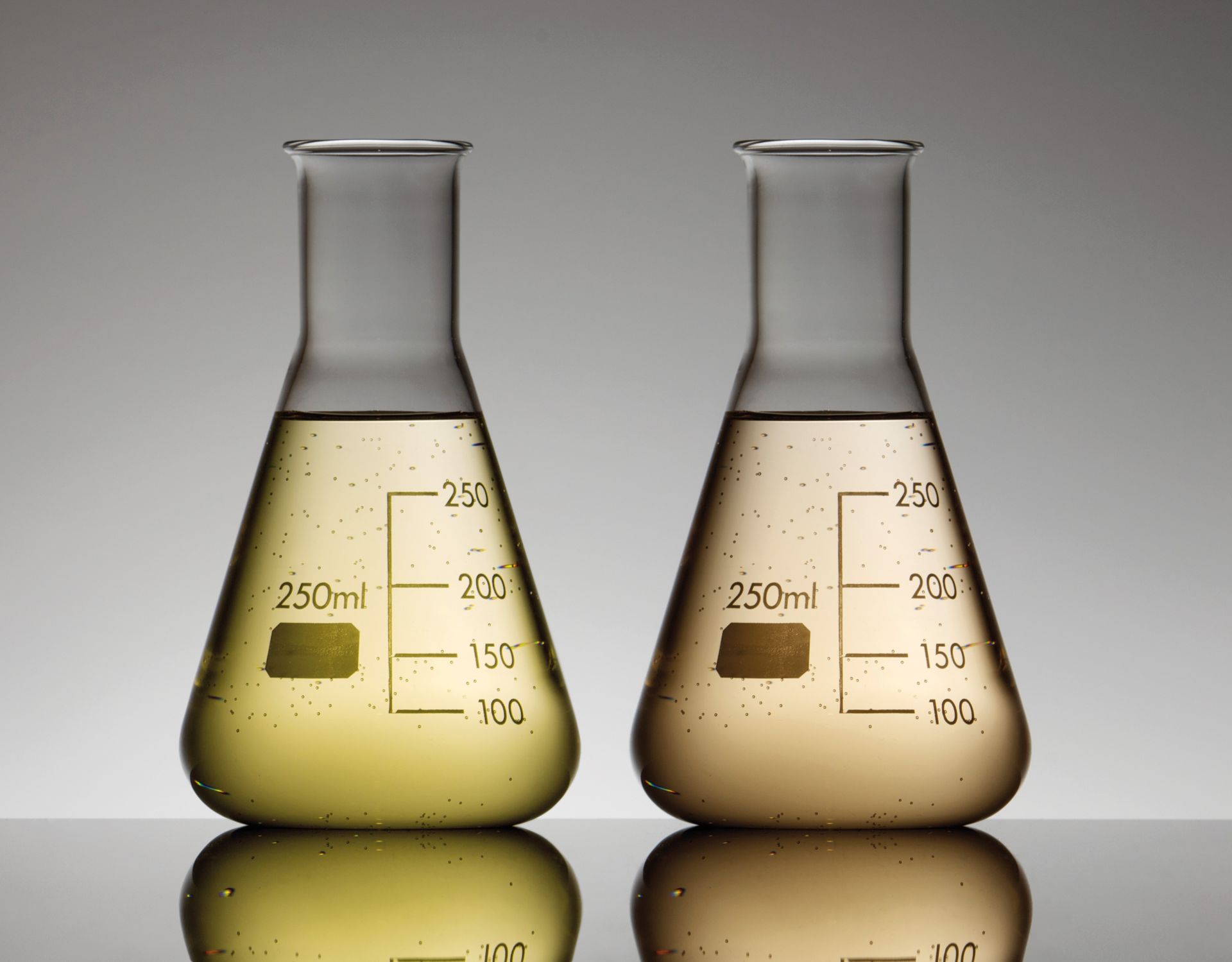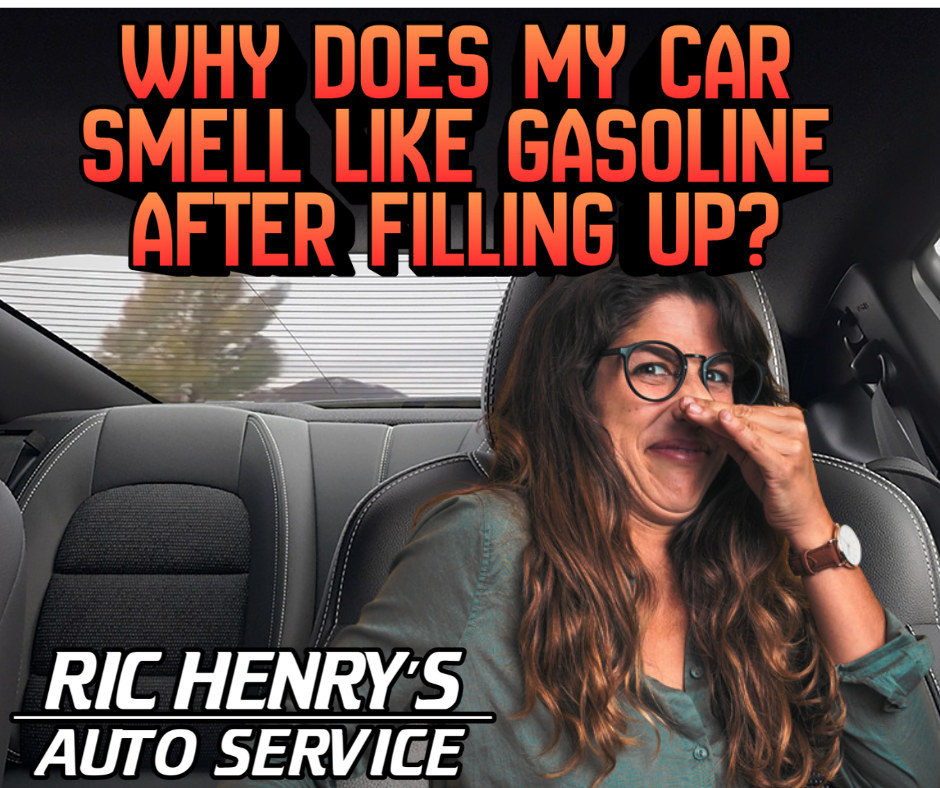Ethanol in Your Gas Tank: The Hidden Engine Killer
NaTasha Brand • June 2, 2025
How Ethanol Blends Affect Your Engine

Most drivers don’t think twice about what’s in their gas—until their engine starts running rough, fuel efficiency drops, or worse, their fuel system fails. The culprit? Ethanol-blended gasoline, which is found in nearly all standard pump fuels (E10, E15, or even E85).
While ethanol helps reduce emissions and keeps gas prices lower, it can also wreak havoc on engines not designed for it, especially older cars, small engines, and high-performance vehicles.
At Ric Henry’s Auto Service, we’ve seen firsthand how ethanol-related damage leads to costly repairs. In this post, we’ll break down:
✔ What ethanol-blended fuel actually does inside your engine
✔ The long-term damage it can cause
✔ How to protect your vehicle (without switching to race fuel)
✔ Why proper maintenance is your best defense
What Is Ethanol-Blended Gasoline?
Ethanol (ethyl alcohol) is a biofuel made from corn, sugarcane, or other crops. In the U.S., most gasoline contains:
• E10 (10% ethanol) – Standard at nearly all pumps
• E15 (15% ethanol) – Some mid-grade options
• E85 (85% ethanol) – Flex-fuel vehicles only
Why is it used?
• Reduces reliance on fossil fuels
• Lowers emissions (in theory)
• Keeps gas prices slightly cheaper
How Ethanol Damages Your Engine & Fuel System
1. It Attracts Water (And Causes Corrosion)
Ethanol is hygroscopic, meaning it absorbs moisture from the air.
Water in your fuel leads to:
o Rust in fuel tanks & lines
o Clogged fuel injectors
o Phase separation (when ethanol/water mix sinks to the bottom of the tank)
2. It Dries Out Rubber & Plastic Components
Ethanol breaks down:
o Fuel hoses (leading to leaks)
o O-rings & seals (causing fuel system failures)
o Carburetors (in older cars, boats, and small engines)
3. It Can Reduce Fuel Efficiency
Ethanol has less energy density than pure gasoline.
E10 can lower MPG by 3-4%; E15 by 5-7%.
4. It Leaves Sticky Deposits
As ethanol evaporates, it leaves behind varnish-like residue that clogs:
o Fuel injectors
o Intake valves
o Carburetor jets
How to Protect Your Engine from Ethanol Damage
1. Use Top-Tier Gas (When Possible)
Brands like Shell, Chevron, and Exxon add extra detergents to combat ethanol side effects.
2. Add a Fuel Stabilizer for Storage
If your car sits for weeks, using a fuel stabilizer helps prevent moisture absorption.
3. Upgrade to Ethanol-Resistant Parts
For older cars, replace rubber fuel lines with ethanol-resistant versions.
4. Run a Fuel System Cleaner Periodically
Fuel System Cleanings help dissolve ethanol deposits.
5. Avoid E15 or E85 Unless Your Car Is Flex-Fuel
Check your owner’s manual, many engines aren’t designed for high ethanol blends.
When Ethanol Damage Strikes, Ric Henry’s Auto Service Can Help
At Ric Henry’s Auto Service, we specialize in diagnosing and repairing ethanol-related issues, including:
🔧 Fuel injector cleaning
🔧 Fuel pump & filter replacement
🔧 Carburetor rebuilds (for older vehicles)
🔧 Fuel system flushes
We use:
✔ Dealer-grade diagnostic tools
✔ OEM-quality replacement parts
✔ A 3-year/36,000-mile warranty
Don’t Let Ethanol Sneak Up on You
Ethanol-blended gas isn’t going away—but that doesn’t mean your engine has to suffer. A little prevention (and the right repairs) can keep your ride running smoothly for years.
And if your car starts acting like it’s had one too many margaritas? We’ll sober it up.






Share On: